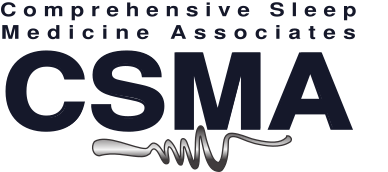In the quest for heart health, have you considered the role your sleep plays? The American Heart Association has, and that’s why it introduced the Cardiovascular Health & Sleep Initiative. This new campaign is shedding light on the connection between sleep and heart health.
This initiative will help you understand the potential cardiovascular risks associated with sleep disorders. Obstructive sleep apnea and insomnia aren’t just restless night companions—they may also be linked to heart arrhythmias, plaque buildup, heart failure and coronary artery disease. Understanding these connections empowers you to have informed discussions with your doctor about your cardiovascular health.
If you have a neurologic sleep disorder such as narcolepsy or idiopathic hypersomnia, the impact on heart health can be substantial. These sleep disorders can serve as independent risk factors for developing heart disease. Managing sleep disorders becomes not only crucial for a good night’s rest but also necessary for reducing cardiovascular risks.
Statistics reveal that 50 to 70 million American adults experience a chronic sleep disorder. The significance of addressing these issues extends beyond preventing groggy mornings. Research demonstrates that poor sleep quality and insufficient duration are associated with elevated blood pressure, increased cholesterol levels, strokes and heart attacks. The correlation is clear—prioritizing high-quality sleep doesn’t just fend off fatigue; it’s a key player in safeguarding your heart.
So, if counting sheep isn’t doing the trick, it might be time to have a heart-to-heart with your doctor. The Cardiovascular Health & Sleep Initiative is more than just a wake-up call—it’s an opportunity to unlock the secrets to a healthier heart through better sleep. Take charge of your cardiovascular health by understanding the vital link between your sleep and your heart’s well-being. Your heart will thank you for it!
To learn more about sleep’s important role in heart health, visit Heart.org/SleepDisorders.

